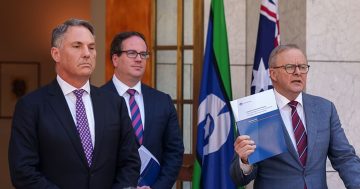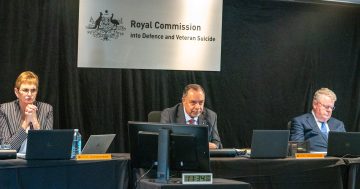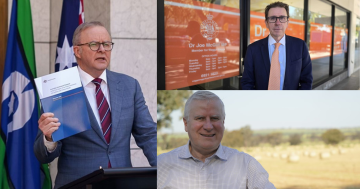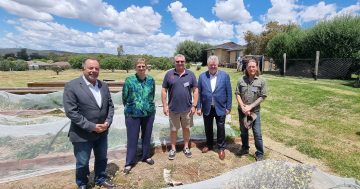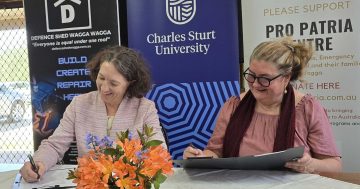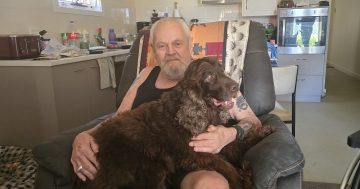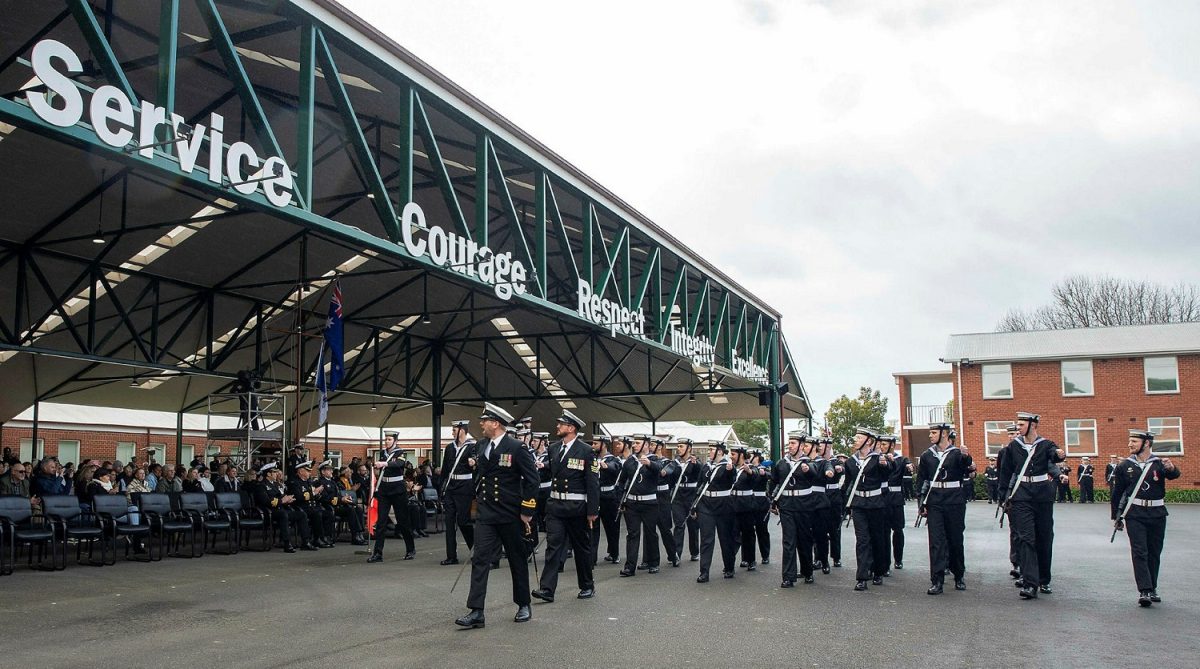
The sign says it all – the ADF demands courage, respect and integrity from its members. But are members and veterans getting it in return? Photo: ADF.
Revelations by the chair of the Royal Commission into Defence and Veteran Suicide that Defence and government lawyers had been hindering its investigations are more than concerning.
Royal Commissioner and former NSW Deputy Police Commissioner Nick Kaldas told the media, “there have been many claims of public interest immunity, parliamentary privilege, cabinet in confidence – basically every trick in the book has been pulled out at some point to stop us gaining access to documents”.
This is an astonishing disclosure and is seriously concerning for how the future recommendations of the royal commission might be received, let alone implemented.
When a person joins the military – or any emergency service for that matter – they are essentially being asked to put themselves in harm’s way in the service of their community or their nation. For the ADF, while it’s not shown in recruitment ads nor discussed in enlistment offices, there is an understanding that, one day, you may actually be asked to kill or be killed.
In exchange, it’s likely you will receive a rewarding career with either free tertiary or vocational education, great healthcare benefits, you’ll get to travel and work on or operate some cool equipment, you’ll have prospects for promotion and long-term job security, and you’ll gain skills that are often transferrable to civilian life afterwards.
The military has a motto. There are various versions of it but, essentially, it’s along the lines of ‘no one left behind’. That means, if you are captured, wounded or worse, your comrades will do all possible to rescue or recover you. It is an essential part of the motivation of a close-knit combat team – whether it’s in the air, on land or sea, or even in the cyber or space domains – to know you can rely on your mates to protect you and know that you will protect them.
The same applies to the service you work for. In times of crisis, there is an understanding that your unit/squadron/ship/group/service will rally around you and your family.
But even if you’re not wounded or haven’t had multiple deployments away from home when deployed you may constantly be in a state of high alert, you might see pain and trauma inflicted upon non-combatants by the enemy or even your own, and these too can take a toll.
While some people can compartmentalise such experiences, most just aren’t wired that way and require support from their seniors in order to be able to heal and recover from such experiences. Mr Kaldas suggested this doesn’t always happen, with some members who self-report health problems being labelled as ‘lingers’, short for malingerers, which is still, amazingly, a military offence.
But even if you don’t serve in an area of operations, there can still be trauma in knowing or dealing with those who have. And as Mr Kaldas pointed out, the stress on families of loved ones going on repeated deployments and having to run a household with one parent away, constant moves to new bases or towns, and living in remote areas affects the whole family.
And then, when serving members separate from the ADF, many feel a sudden loss of mateship and of being part of something that matters, and they often struggle to settle into civilian life in a typical nine-to-five job setting.
So, what’s my point?
First, it should go without saying that Defence and its political leadership have a moral imperative to remove any and all constraints on royal commission staff gaining access to information. Serving members and veterans are or have served their country and the reasons for suicide rates of between 40 and 100 per cent higher than the civilian population must be allowed to be fully investigated.
But secondly, Defence has a massive recruitment and retention problem right now. In 2021-22 alone, the ADF fell short by 900 in its recruitment targets but also lost another 900 members more than it had planned for – a net loss of 1800 personnel. This is at a time when it is looking to increase ADF uniformed numbers by more than 40 per cent by 2040.
Much of that shortfall can be attributed to a dearth of skilled trades across many civilian companies. Those companies are willing to pay big bucks to recruit the right people and offer stable lifestyles in established areas for those with families.
But after the Royal Commission tables its final report early next year, if nothing really changes and suicide rates remain at what Mr Kaldas called “national crisis” levels, what does Defence think that will do for their recruitment and retention targets?
If this story has caused any discomfort or distress, free and confidential counselling and support are available to all current and former serving ADF personnel and their families through the following services:
Open Arms – Veterans & Families Counselling provides 24/7 free, confidential crisis support for current and ex-serving ADF personnel and their families on 1800 011 046.
Safe Zone Support provides anonymous counselling on 1800 142 072.
Defence All-Hours Support Line provides support for ADF personnel on 1800 628 036.
Defence Member and Family Helpline provides support for Defence families on 1800 624 608.
Original Article published by Andrew McLaughlin on Riotact.







